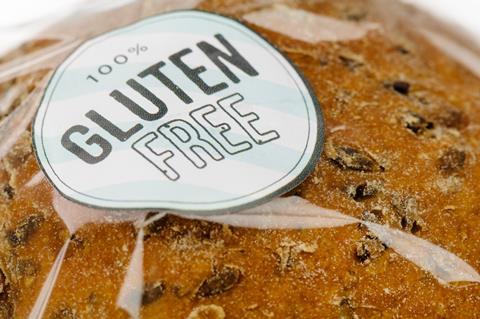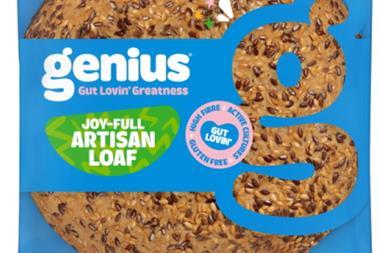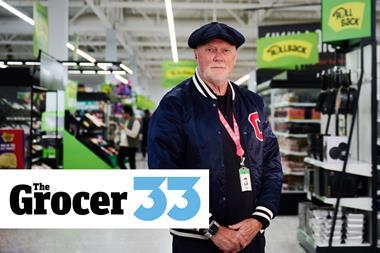
People following a gluten-free diet are facing weekly food bills up to a fifth higher than other shoppers, according to new research.
A report by Coeliac UK claims people with coeliac disease, an autoimmune condition for which the only current treatment is a medically prescribed gluten-free diet, can face paying up to seven times more for a loaf of bread.
The charity studied prices online at seven supermarkets to compile the report, which found an average weekly shop would cost as much as 20% more.
It found that, on average, a loaf of gluten-free bread is 4.3 times more expensive than a standard gluten-containing, while the cheapest gluten-free loaf of bread is 7.2 times more expensive than the cheapest gluten-containing loaf.
The annual cost for white and brown/seeded bread for someone on a gluten-free diet compared with someone on a gluten-containing diet was £130 more.
Consumers pay on average double for gluten-free staple substitutes, such as crackers (2.5 times more), bread rolls (2.3 times more), plain flour (2.1 times more), pasta (1.9 times more) and cereal bars (1.8 times more), said the charity.
“As the cost of living crisis shows no sign of abating, Coeliac UK has heard from concerned members who are struggling to be able to afford to buy gluten-free food and worried about the impact this might have on their health,” said Coeliac UK head of advocacy Tristan Humphreys.
“As food insecurity increases, the cost of living crisis could become a cost of health crisis for many.
“For those with a diagnosis of coeliac disease, following a strict gluten-free diet is not a choice but is a medically prescribed diet and is essential for their health. Our report reveals that people with coeliac disease are being disproportionately affected – a weekly food shop can cost as much as 20% more for an individual with coeliac disease, which can be an even greater burden for families with more than one person diagnosed.
“We’re calling on policymakers and the food industry to join with us to help support those with coeliac disease and ensure they can access the food they need to treat their condition.”



















1 Readers' comment